Public Programs
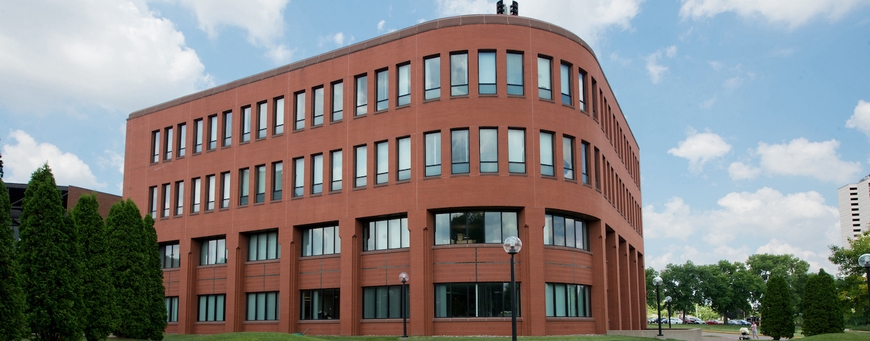
Since 1965, the IHRC has organized conferences, workshops, and public programs to promote research, teaching, and public conversation around immigration, race, and ethnicity in the United States.
Featured Upcoming and Past Events
Upcoming Events
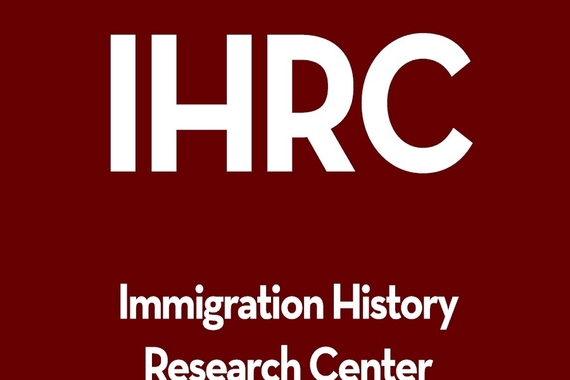
We look forward to seeing you at events during the 2024-2025 academic year!
Past Events
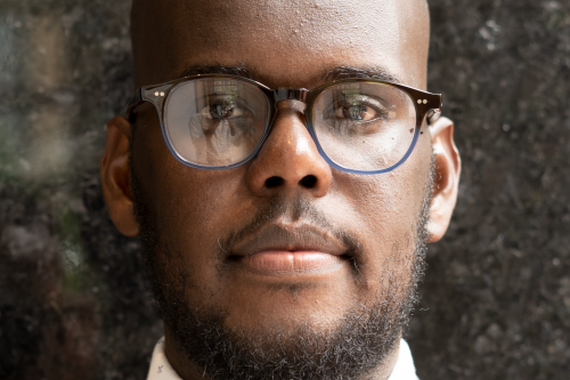
On Tuesday, April 23rd from 2-3 pm in Andersen Library Rm 308, the Immigration History Research Center and Immigration History Research Center Archives hosted Ibrahim Hirsi, University of Minnesota PhD Candidate in History. Hirsi's research focuses on twentieth-century American history, transnational migrations, maritime labor, and the Black diaspora.
At this event, Hirsi presented research from his dissertation titled, The First Somali Diaspora: A Transnational History of Migration, Race, and Resistance. This work traces the journeys of Somali migrant laborers from British Somaliland to the United States and the United Kingdom and places Somalis’ experiences in a broader historical context, explaining how the Black diaspora was racialized at sea and ashore.

On Tuesday, April 16th from noon - 1pm, the Binger Center for New Americans and the Immigration History Research Center at the University of Minnesota hosted a conversation with César Cuauhtémoc García Hernández about his new book, Welcome the Wretched: In Defense of the “Criminal Alien”. His book draws on history, legal analyses and philosophy to counter “the fundamental assumption that criminal activity has a rightful place in immigration matters, arguing that instead of using the criminal legal system to identify people to deport, the United States should place a reimagined sense of citizenship and solidarity at the center of immigration policy.” Professor García Hernández discussed his book with University of Minnesota experts Jimmy Patiño from Chicano & Latino Studies and Seiko Shastri from the Law School.
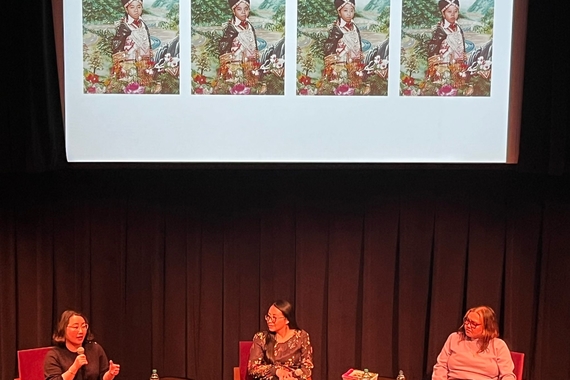
On Friday, March 22nd, the Immigration History Research Center welcomed celebrated Hmong American poet Mai Der Vang to discuss the newest works of award winning author Kao Kalia Yang and award winning artist Pao Houa Her.
Kao Kalia Yang read from her new works A Rock in My Throat and Where River's Part: A Story of My Mother's Life and Pao Houa Her shared images from her first monograph My Grandfather Turned Into a Tiger...and Other Illusions.
This event was co-sponsored by the Hmong Cultural Center Museum, the Immigration History Research Center Archives, the Liberal Arts Engagement Hub, the Preserving and Promoting Hmong American History Hub Residency, and the Asian American Studies Department.
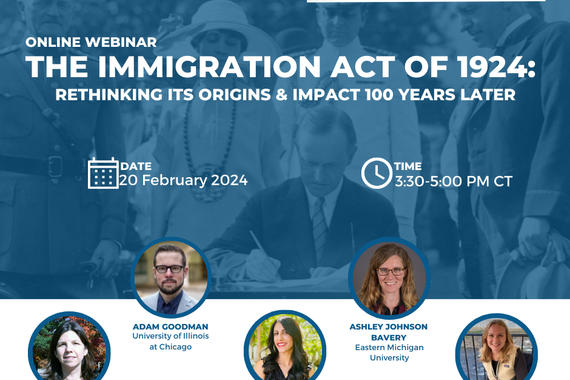
On February 20th from 3:30-5:00pm CT, the Immigration History Research Center partnered with the Immigration and Ethnic History Society to present a webinar exploring the history of the Immigration Act of 1924. 100 years ago, the U.S. Congress passed the Emergency Quota Act of 1921, and then, three years later, the 1924 Immigration Act. Together, these laws inaugurated an unprecedented era of immigration restriction, further legitimized discrimination based on race and national origin in immigration law, and established the national origins quota system which remained in place for over forty years. This webinar explores how the immigration system created by the 1924 Immigration Act reshaped American society and affected migration flows around the world.
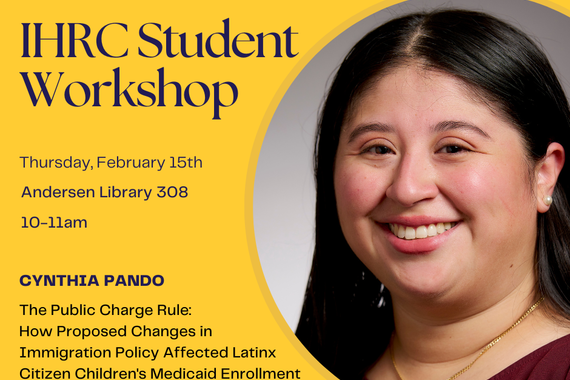
On Thursday, February 15th, the IHRC Student workshop hosted Cynthia Pando, a PhD candidate in Health Services Research, Policy, and Administration at the University of Minnesota. Cynthia holds a bachelor's degree in Behavioral Neuroscience and Sociology and a master's degree in Sociology from Lehigh University.
Cynthia presented research from her dissertation: "The Public Charge Rule: How Proposed Changes in Immigration Policy Affected Latinx Citizen Children's Medicaid Enrollment." The project focuses on the indirect effects of the 2017 proposed public charge rule, an immigration policy, on Medicaid enrollment and healthcare experiences of US-citizen Latinx children with immigrant parents.
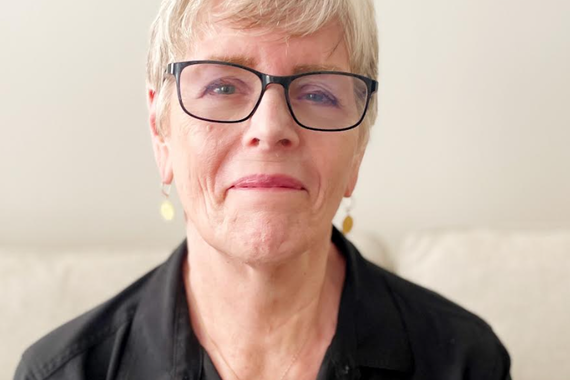
On Monday, February 12th, Dr. Katherine Fennelly shared insights into her new book: Family Declassified: Uncovering My Grandfather's Journey from Spy to Children's Book Author. In Family Declassified, University of Minnesota Professor Emerita Katherine Fennelly delves into the extraordinary life of her maternal grandfather, a Jewish Hungarian immigrant who arrived in the US 100 years ago. It took several years of reviewing previously unexamined government records and conducting personal interviews and genealogical searches to piece together the life of a man who hid his Jewish identity, worked as a spy, and became a chef and children’s book author. This fascinating story examines the nature of family myths and presents the gripping story of a man whose life was shaped by some of the most extraordinary events of the 20th century.
This conversation was moderated by Dr. Leslie Morris, Chair, Department of German, Nordic, Slavic & Dutch and Beverly and Richard Fink Professor in Liberal Arts.
The event was co-sponsored by the Center for Austrian Studies, the Center for Jewish Studies, Hubert H. Humphrey School of Public Affairs, and the Department of German, Nordic, Slavic, and Dutch.
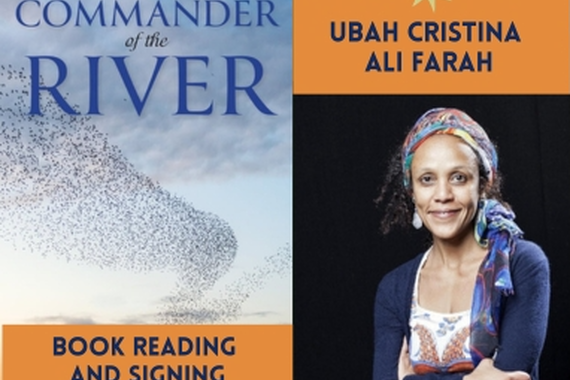
On Wednesday, December 6th from 4-5:30pm Central in Andersen Library 120 the IHRC co-sponsored an event with Somali-Italian author, novelist, playwright, librettist, and oral performer Ubah Cristina Ali Farah who read from her book, Commander of the River. Published by the University of Indiana Press, this book is "a timeless and compelling coming-of-age story set in contemporary Italy... [and] explores the themes of racism, trauma, adolescent angst, and the rebellious torments of the young."
The event was co-sponsored by the Immigration History Research Center Archives; the Institute for Global Studies; the Department of French and Italian; the African Studies Initiative; the Diversity, Equity & Inclusion Office of the College of Liberal Arts; the Center for German and European Studies, and the Italian Cultural Center.
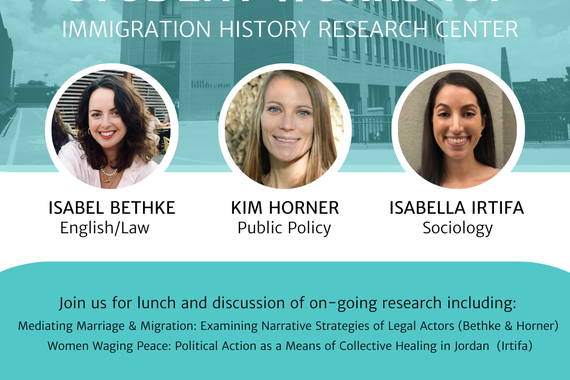
On November 30th, from 11:30am-12:30pm graduate students Isabel Bethke, Kim Horner, and Isabella Irtifa presented and workshopped current research projects. Presentations included:
Mediating Marriage & Migration: Examining Narrative Strategies of Legal Actors (Bethke & Horner)
Women Waging Peace: Political Action as a Means of Collective Healing in Jordan (Irtifa)
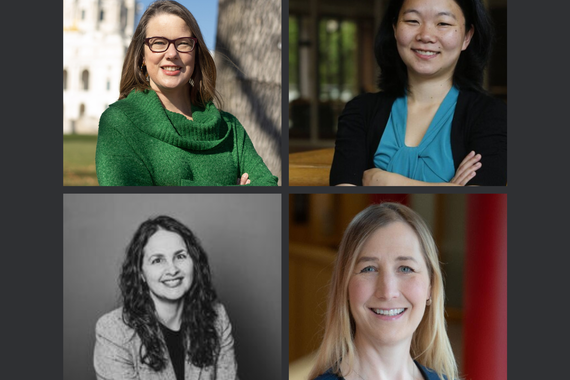
On this webinar, held October 11, 2023, a panel of experts presented the very latest information on immigration trends in Minnesota, the Twin Cities, and the University of Minnesota. This conversation is one step toward further development of an engaged, informed, and collaborative community comprised of university and community members interested in im/migration-related matters.
This event was co-sponsored by the James H. Binger Center for New Americans and the Center for Global Health and Social Responsibility.
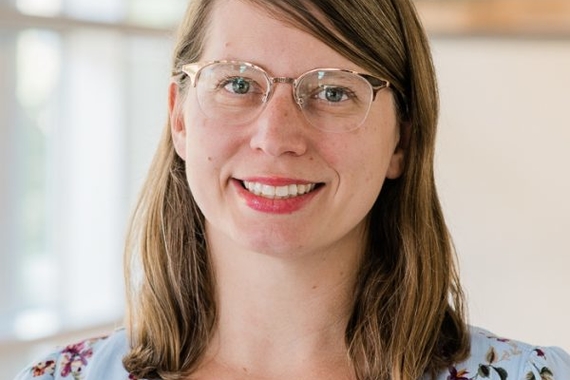
On April 11, 2023 Dr. Carly Goodman, author of Dreamland: America's Immigration Lottery in an Age of Restriction joined the IHRC to discuss her book. Dreamland tells the story of the Diversity Visa Lottery, created in 1990 to foster diversity. The book traces this unlikely government program and its role in American life as well as the global story of migration. Goodman's talk focused on the impact of the lottery on migrants from African countries, and how rising African immigration to the United States has enriched American life, created opportunities for mobility, and fostered dreams. However, the promise of the American dream has been threatened by the embrace of anti-immigrant policies and persistent anti-Black racism. This book talk was moderated by Ibrahim Hirsi, PhD candidate in immigration history at UMN.
View the recording HERE.
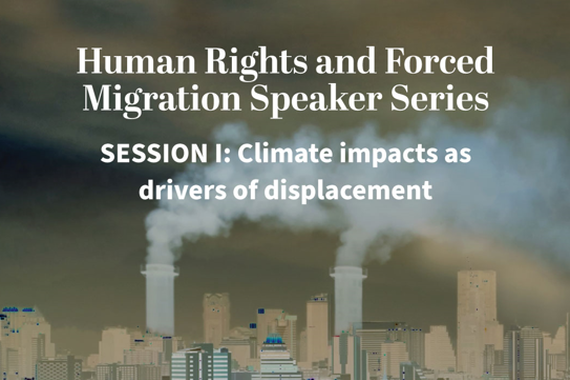
This webinar focused on how the international community responded to climate change and related migration. Panelists Sumudu Atapattu and Yael Schacher explored how has the US responded, and what can be done to better prepare for and respond to climate migration and what human rights violations result from climate change related migration. Sarah Brenes, Binger Center for New Americans and Michele Waslin, Immigrant History Research Center moderated the conversation.
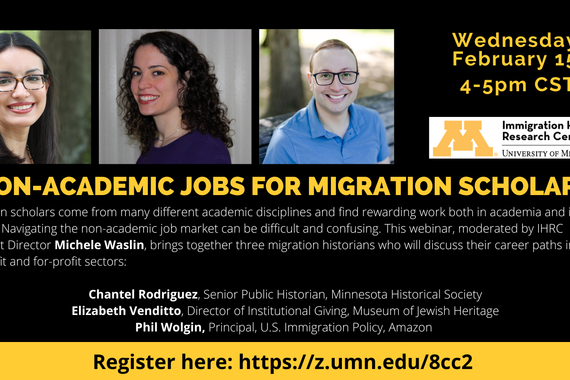
Migration scholars come from many different academic disciplines and find rewarding work both in academia and in other sectors. Navigating the non-academic job market can be difficult and confusing. This webinar, held Feb. 15, 2023 and moderated by IHRC Assistant Director Michele Waslin, brought together three migration historians who discussed their career paths in the nonprofit and for-profit sectors. Featuring: Chantel Rodriguez, Senior Public Historian, MN Historical Society; Elizabeth Venditto, Director of Institutional Giving, Museum of Jewish Heritage; and Phil Wolgin, Principal, US Immigration Policy, Amazon.
View recording here.
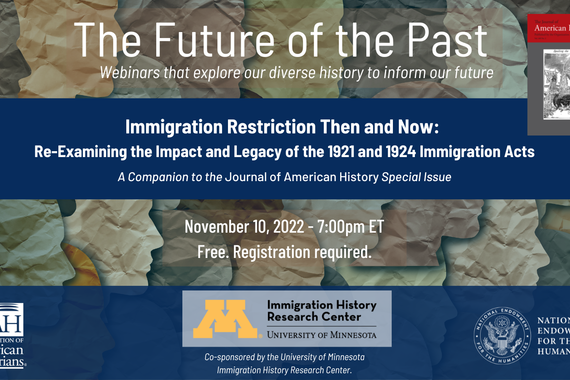
On November 10, IHRC Director Dr. Erika Lee joined Drs. Maddalena Marinari, Ashley Bavery, Kevin Kenny, Carl Lindskoog, Mireya Loza, and Yael Schacter in a discussion of immigration restriction past and present. The event was organized by the Organization of American Historians (OAH) and co-sponsored by the IHRC. The recording is now available here.
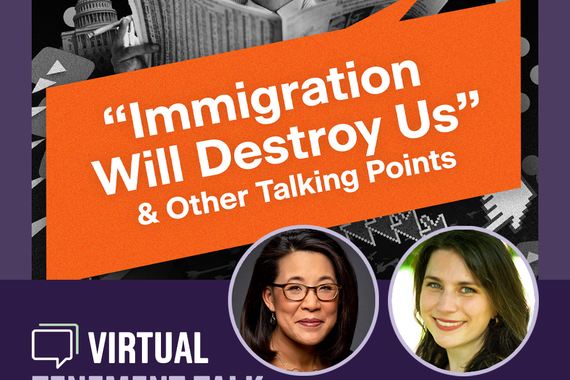
On October 11, IHRC's Director Erika Lee participated in a conversation at the Tenement Museum on understanding anti-immigrant ideas, past and present. Other panelists were Shauna Siggelkow of Define American and Kathryn Lloyd of the Tenement Museum. The recording is now available on YouTube.
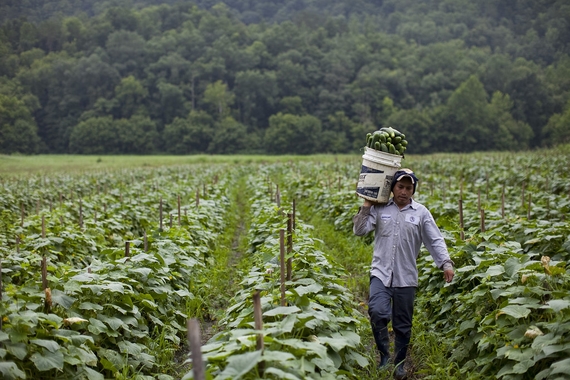
This webinar presented new research on the increased risk of exposure for immigrants to COVID-19 in the workplace. View the Immigrant Essential Workers event.

The participants of this event highlighted activist and artistic practices that reimagine borders, migration, and mobility and that work toward a more just future. View the Futurity event.
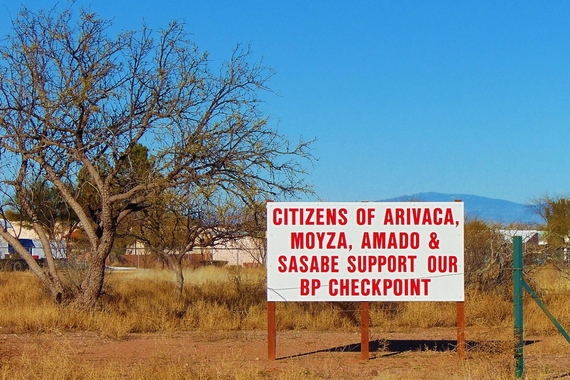
What are borders, what do they do, and whom do they serve? Borders tend to be created and justified as a response to a crisis, but how do they exacerbate and produce crises and function as zones of exception? View the Borders as Violence event.
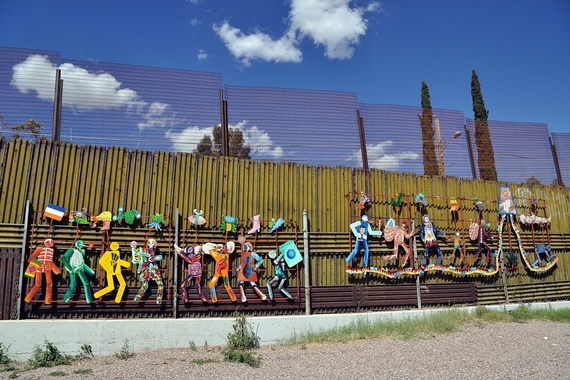
This critical conversation brought together members of the Migration Scholars Collaborative who spoke to the ongoing crisis of asylum and refuge in the United States. View the Refuge, Asylum, Violence event.
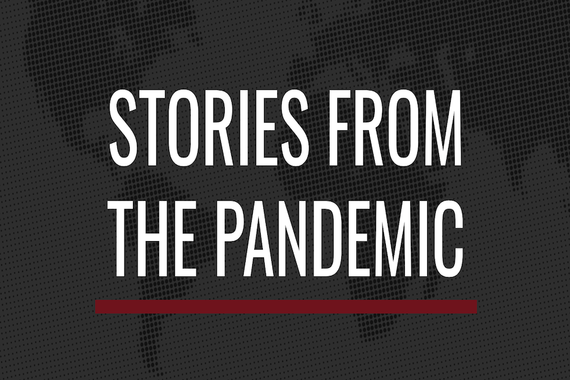
This panel brought together three advocates and leaders from Minnesota’s Black, immigrant, and refugee communities to discuss their work advancing equity and justice during the pandemic. View the Stories from the Pandemic event.
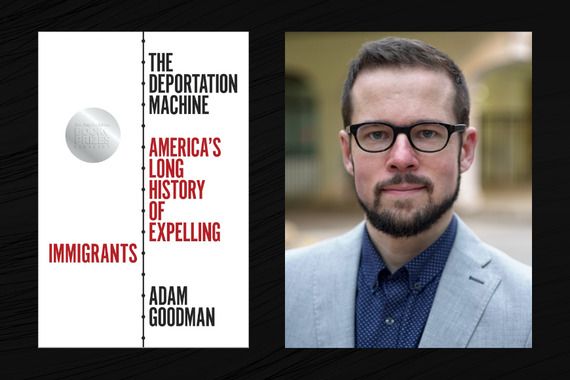
Author Adam Goodman (University of Illinois at Chicago) joined Professor Jimmy Patiño (UMN Chicano & Latino Studies) and IHRC Director Erika Lee to discuss his award-winning book. View The Deportation Machine event.
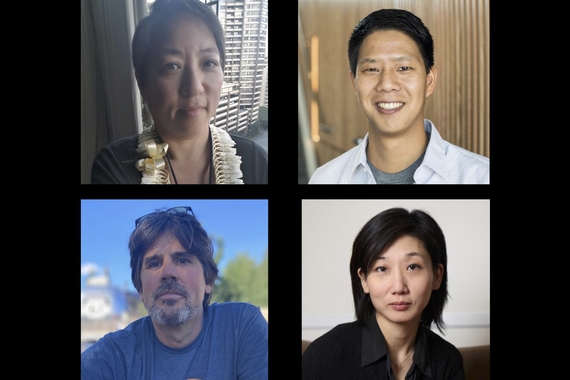
This panel brought together adoption scholars Kim Park Nelson, Kit Myers and Eleana Kim, as well as adoptee rights legal expert Gregory Luce, to discuss how federal immigration policy impacts transnational adoptees and shapes their national, cultural, and familial belonging. View the Adoptee Deportee event.
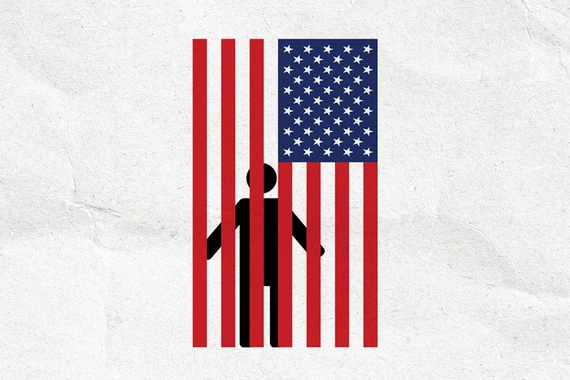
This event featured Elliott Young, Professor of History at Lewis & Clark College, and focused on his book, Forever Prisoners: How the United States Made the World's Largest Immigrant Detention System. He was joined by Director of the Detainee Rights Clinic (UMN Law School) Linus Chan and IHRC Director Erika Lee. View the Immigrant Detention event.
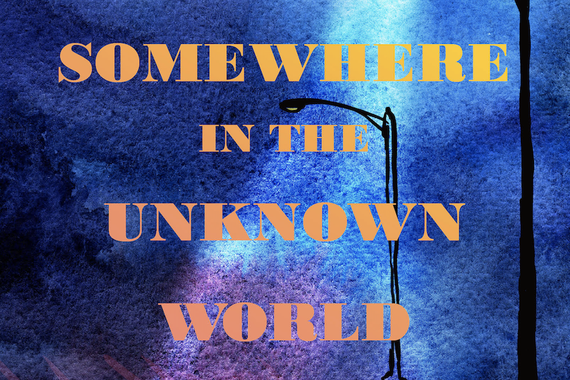
The Immigration History Research Center and the International Rescue Committee celebrated the launch of award-winning author Kao Kalia Yang's book Somewhere in the Unknown World: A Collective Refugee Memoir (Metropolitan Books, 2020.) View the book launch.
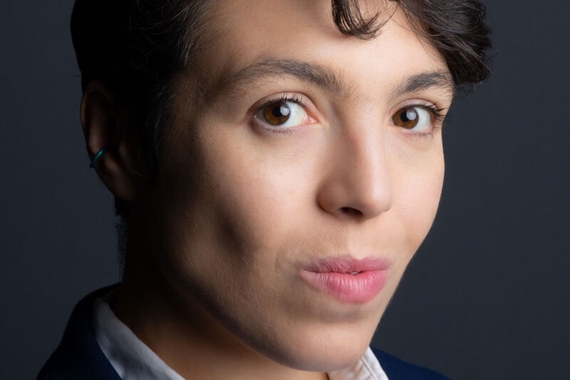
Dara Lind, one of the nation's leading immigration reporters from ProPublica in Washington, DC, was joined by the IHRC and journalist Ibrahim Hirsi to discuss immigration news reporting during the 2020 election year. This event was moderated by Ibrahim Hirsi and IHRC Director Erika Lee. View Covering Immigration in an Election Year.